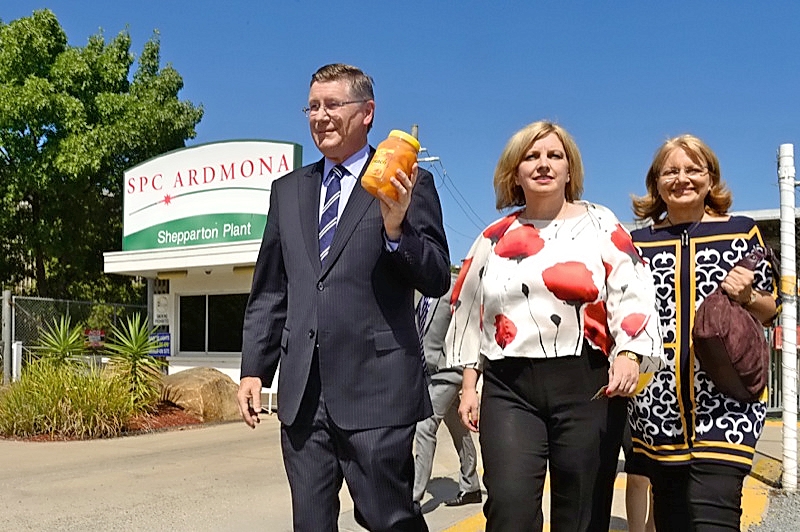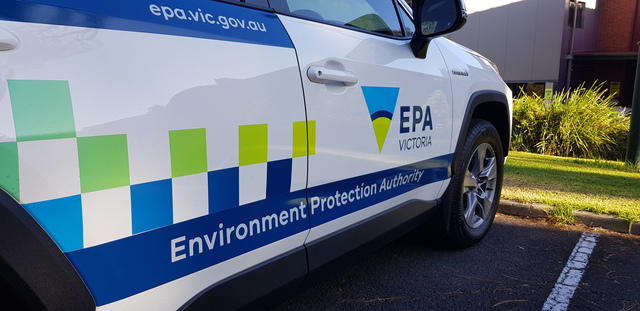Despite saving SPC Ardmona at the 11th hour, Dennis Napthine is probably feeling as sick as a parrot right now.
Leading a minority government at the mercy of mercurial MP Geoff Shaw and staring down the barrel of an election in November, he must be wishing Labor had stayed in power federally.
At least he would have been able to talk to them about Ford, about GMH, about Toyota, about SPC Ardmona … about Alcoa, the latest manufacturer to buckle and feared likely to announce the closure of its Geelong plant any day.
It was the ousted federal Liberal MP Sophie Mirabella who gleefully asserted that Australia was losing one manufacturing job every 19 minutes under the former Labor government. No one seems to appreciate that is actually an achievement!
The UK is losing one job a minute or, put in real worker terms, that’s more than four jobs every minute of every 38-hour working week.
The great irony was that while the Liberals swept to power, Mirabella ultimately lost her own job because of a grassroots campaign by people who believed she wasn’t looking after her electorate properly.
But the Abbott government, barely six months in office, has failed the nation. The fallout from the closure of Toyota, Ford and General Motors Holden will not be limited to the 6900 employed in their Victorian factories and 1600 others likewise employed in South Australia.
It will not stop at the estimated 33,000 people working for companies that supply the automotive industry – up to 70 per cent of which are based in Victoria.
There will be job losses, too, in firms contracted to provide catering, cleaning and stationery, businesses that arrange their travel, small shops in the neighbourhood that sell workers souvlakis, fill their prescriptions and sell them Lotto tickets, and it will sweep across from Geelong to Carrum Downs.
Ultimately it will cost way more in unemployment benefits and lost tax revenue to support these people than the manufacturers were seeking from government. Since when did we become so snooty about what kind of industries received subsidies?
We seem to have progressed from the casual arrogance of Paul Keating’s observation “did we ever hurt anybody by liberating them from the
assembly line” to downright antipathy towards blue-collar workers.
Yet, the mining industry received $492 million in direct subsidies in 2012, but with many tax concessions for companies owned by our richest individuals it is estimated that the actual amount by which the Australian public underwrites mining each year is
10 times that. The taxpayer also subsidises the banks by up to $7.2 billion a year. That’s right, the banks!
A better question is what isn’t subsidised in Australia – including politicians’ generous superannuation schemes.
Why is it sweet for the Federal Government to give $16 million to Cadbury to tart up a chocolate factory in Hobart when its parent company Mondelēz International made $1.5 billion last year, and not co-invest in the Coca-Cola Amatil-owned SPC, the biggest employer in Shepparton?
There’s an election due in Tasmania. Tell me there’s not something Willy Wonka there!
What is happening to the manufacturing sector in Australia is not about politics, it’s not about abstract application of classic neo-conservative versus Keynesian economic principles, it’s not about control. It is about people and communities and what can be done to best protect them.
Yes, we can all work on long-term blueprints to nanotechnology ourselves into economic nirvana, Why we val;ue blue tibut right now society still needs these jobs.

















